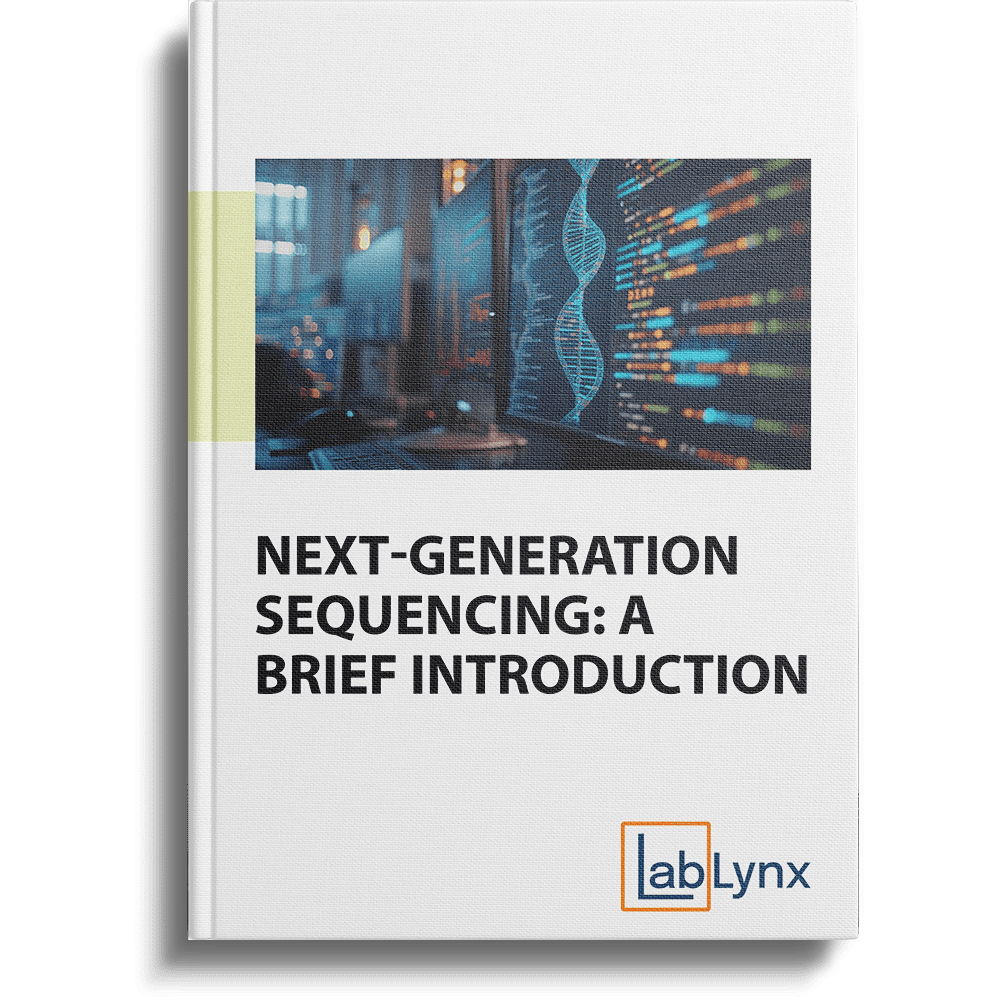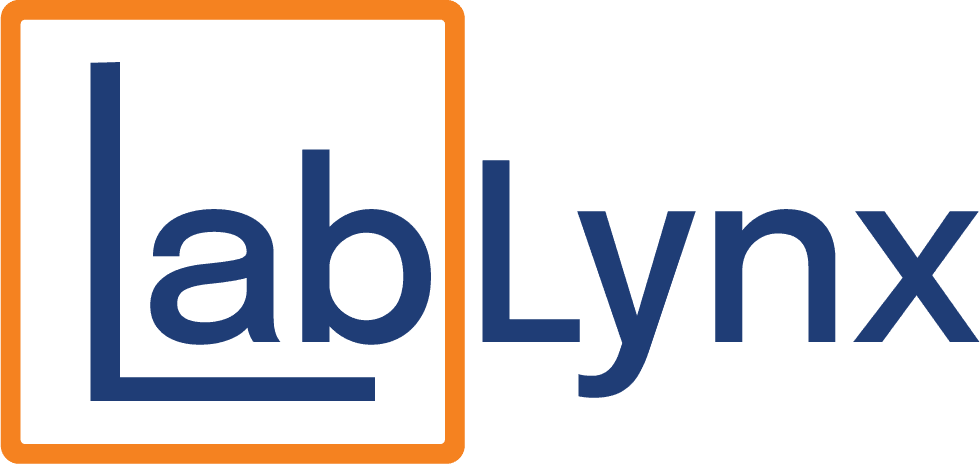Download Book For Free!
Resource Download
"*" indicates required fields

Next-Generation Sequencing (NGS) Revolutionized: The Indispensable Role of LIMS
Next-generation sequencing (NGS) has revolutionized genomics and biomedical research, unleashing a torrent of data and insights that are transforming healthcare and our understanding of life itself. However, the sheer volume and complexity of NGS data present significant challenges in terms of management, analysis, and interpretation. This is where a Laboratory Information Management System (LIMS) tailored for NGS comes into play, acting as a critical enabler of efficiency, accuracy, and compliance in this data-intensive field.
Understanding Next-Generation Sequencing (NGS)
NGS is a high-throughput sequencing technology that allows for the rapid and simultaneous sequencing of millions to billions of DNA or RNA fragments. This has led to breakthroughs in:
- Genomics: Sequencing entire genomes, identifying genetic variations, and uncovering the genetic basis of diseases.
- Transcriptomics: Studying gene expression patterns to understand cellular processes and disease mechanisms.
- Epigenomics: Investigating modifications to DNA that affect gene expression without altering the genetic code.
- Metagenomics: Analyzing the genetic material of entire microbial communities to understand their role in health and disease.
- Personalized Medicine: Tailoring medical treatments to individual patients based on their genetic profile.
The Data Deluge: Challenges of NGS Data Management
While NGS offers unprecedented insights, it also generates massive amounts of complex data. Managing this data deluge presents several challenges:
- Data Storage: Storing and archiving terabytes of raw sequencing data requires robust and scalable storage solutions.
- Data Tracking: Tracking samples, library preparation, sequencing runs, and analysis workflows can be complex.
- Data Analysis: Processing and analyzing NGS data requires specialized bioinformatics tools and expertise.
- Data Interpretation: Interpreting the biological significance of NGS data requires expert knowledge and integration with existing databases.
- Data Sharing and Collaboration: Collaborating with colleagues and external partners on NGS projects requires secure and efficient data sharing mechanisms.
The Role of LIMS in NGS Workflows
A LIMS specifically designed for NGS can address these challenges and streamline the entire NGS workflow:
- Sample Management:
- Tracking: Track samples from collection through sequencing and analysis, ensuring full traceability and audit trails.
- Metadata Management: Capture and store essential metadata associated with samples and sequencing runs.
- Workflow Management:
- Standardization: Standardize NGS workflows, from sample preparation to data analysis, to ensure consistency and reproducibility.
- Automation: Automate routine tasks like sample labeling, data transfer, and report generation to improve efficiency and reduce errors.
- Data Management:
- Storage & Archiving: Provide secure and scalable storage solutions for raw sequencing data and analysis results.
- Data Integration: Integrate with bioinformatics tools and databases for seamless data transfer and analysis.
- Data Sharing: Enable secure and controlled sharing of NGS data with collaborators.
- Analysis & Reporting:
- Integration with Bioinformatics Tools: Connect to bioinformatics pipelines and software for automated data analysis and visualization.
- Customizable Reports: Generate reports tailored to the specific needs of researchers, clinicians, or regulatory agencies.
- Compliance & Security:
- Regulatory Compliance: Ensure compliance with relevant regulations and standards, such as HIPAA and GLP.
- Data Security: Implement robust security measures to protect sensitive genetic data from unauthorized access.
LabLynx: Your NGS LIMS Partner
LabLynx recognizes the unique challenges of NGS data management. Our LIMS solutions are tailored for NGS workflows, offering seamless integration with sequencing instruments, bioinformatics tools, and data repositories. We empower labs to:
- Streamline NGS Workflows: Automate tasks, reduce manual errors, and accelerate research.
- Ensure Data Integrity: Protect the accuracy, completeness, and consistency of your NGS data.
- Facilitate Collaboration: Securely share data with collaborators while maintaining control and traceability.
- Achieve Compliance: Meet regulatory requirements and industry standards.
Contact LabLynx today to discover how our LIMS can empower your NGS research and diagnostics.
